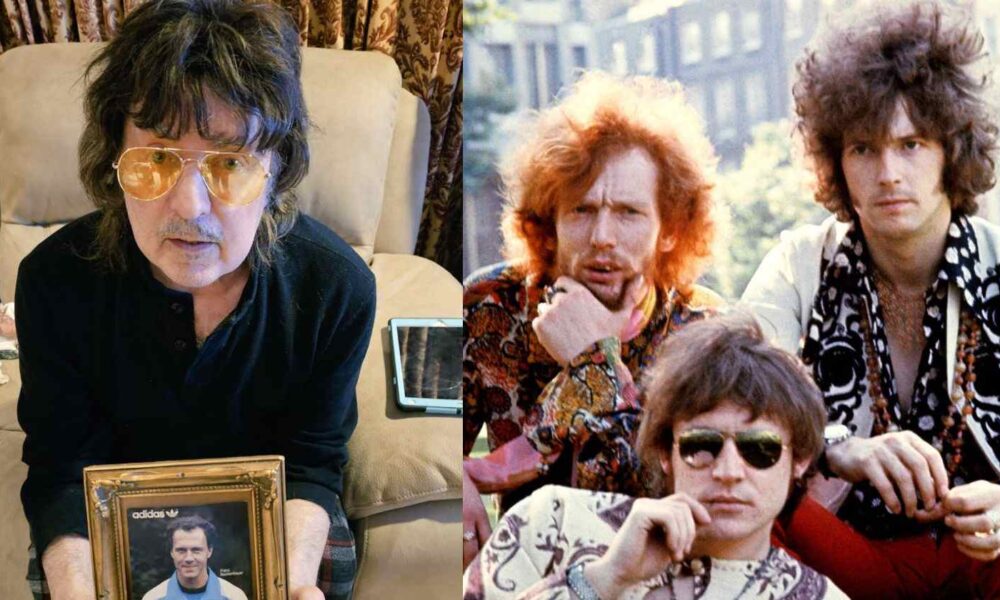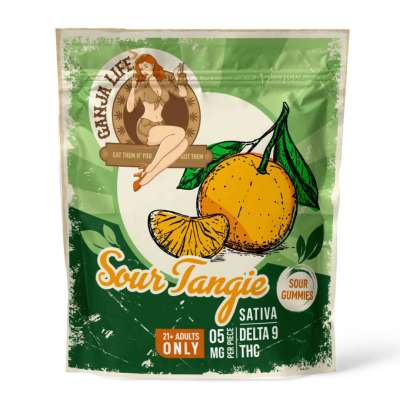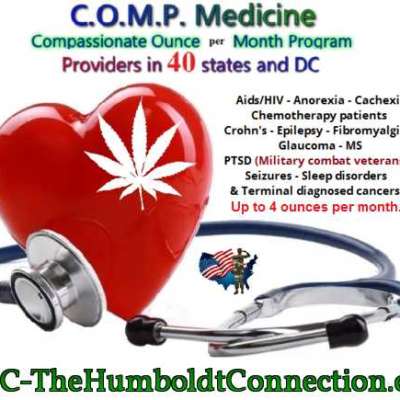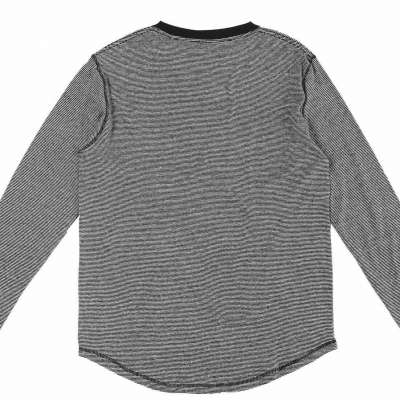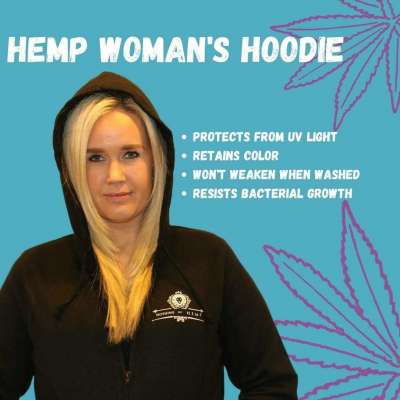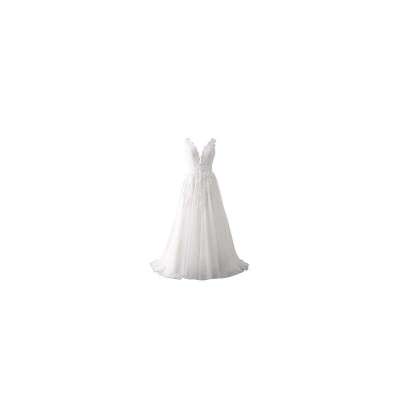
rockandrollgarage.com
The 5 bands Ritchie Blackmore said influenced Deep Purple
Deep Purple would never have been the same without guitarist Ritchie Blackmore, who was a crucial part of the band's sound, creating some of the most memorable guitar riffs and solos in the history of music. He is one of the greatest guitar heroes in Rock and Roll and has influenced musicians all over the world throughout his career.
But obviously, before finding their own sound, Deep Purple was influenced by many other groups, including some unexpected ones that Blackmore once revealed.
The 5 bands Ritchie Blackmore said influenced Deep Purple
Allman Brothers Band
https://www.youtube.com/watch?v=KnoGI4DR-vI&pp=ygUNd2hpcHBpbmcgcG9zdA%3D%3D
"We used to listen to the Allman Brothers quite a lot back in 1969. In fact, a lot of what Purple did was influenced by the Allman Brothers," he said in an interview with Andy Aledort in 2013.
Since Deep Purple used to listen to the Allman Brothers Band a lot in 1969, they were certainly hearing their self-titled debut album released in the same year. That groundbreaking record has praised tracks like "Don't Want You No More", "It's Not My Cross To Bear", "Trouble No More" and "Whipping Post". At the time, the band was formed by Gregg Allman (Organ, vocals), Duane Allman (Guitar), Dickey Betts (Guitar), Berry Oakley (Bass), Jai Johanny Johanson (Drums) and Butch Trucks (Drums).
This was one of the three albums that the guitarist Duane Allman was part of. He tragically died in an accident in 1971 at the age of 24. But the band continued and was active until 1976, reuniting from 1978 to 1982 and 1989 to 2014. In 2025 the last surviving original member of the band is the drummer Jai Johanny Johanson.
Vanilla Fudge
https://www.youtube.com/watch?v=3dJO47d26kc&pp=ygUNVmFuaWxsYSBGdWRnZQ%3D%3D
According to Blackmore, before Allman Brothers Band, he and the band were really into other four bands. The first one is Vanilla Fudge, the Psychedelic American band known for their version of The Supremes' "Keep Me Hanging' On".
He loves the band and he told Guitar World magazine in 1991 that the late keyboardist Jon Lord also was a big fan of them. “I met him (Jon Lord) in a transvestite bar in ’68, in Hamburg, Germany. [laughs] Back in the late Sixties, there were few organists who could play like Jon. We shared the same taste in music. We loved Vanilla Fudge – they were our heroes. They used to play London’s Speakeasy and all the hippies used to go there to hang out – Clapton, The Beatles – everybody went there to pose.”
“According to legend, the talk of the town during that period was Jimi Hendrix, but that’s not true. It was Vanilla Fudge. They played eight-minute songs, with dynamics. People said, ‘What the hell’s going on here? How come it’s not three minutes?’ Timmy Bogert, their bassist, was amazing.”
Ritchie Blackmore continued:
“The whole group was ahead of its time. So, initially we wanted to be a Vanilla Fudge clone. But our singer, Ian, wanted to be Edgar Winter. He’d say, ‘I want to scream like that, like Edgar Winter.’ So that’s what we were – Vanilla Fudge with Edgar Winter!” Ritchie Blackmore said.
Vanilla Fudge was formed in Long Island, New York back in 1967, one year before Deep Purple. They were active until 1970 and then reunited from 1982 to 1984, 1987 to 1988, in 1991 and since 1999 the band has been active.
Since the late 60s they have released 11 studio albums, the most recent one being "Vanilla Zeppelin" (2022), which is a tribute album to Led Zeppelin. Curiously, the band's drummer Carmine Appice said that he was John Bonham's main influence.
Nowadays Vanilla Fudge is formed by the original members Mark Stein, Vince Martell and Carmine Appice, accompanied by the bassist Pete Bremy, who first played with them in 2002. The original bassist Tim Bogert died in 2021 but since 2010 didn't perform with the band.
Mountain
https://www.youtube.com/watch?v=Ss1EyyXL4Gk&pp=ygUITW91bnRhaW4%3D
Like Vanilla Fudge, Mountain was also formed in Long Island, New York, but two after them, in 1969. Blackmore instantly became a fan of their music after hearing their biggest hit "Mississippi Queen" at a bar with his former bandmate, the drummer Ian Paice.
“I remember Ian Paice and I were out for a drink in a bar in Germany, in 1970 I think it was. We were pretty pleased with our record ‘In Rock’, and they were playing it. And then this other record came on. We didn’t know who it was, but it was such an amazing, big, hard sound. We looked at each other very nervously and thought, ‘Who the hell is that?’”
He continued:
“(So) we asked the DJ and it was Mountain, with ‘Mississippi Queen,’ and that thundered! (But) we couldn’t speak because we didn’t know what to say [laughs]. We thought, Oh, my God, that is one hell of a sound,” Ritchie Blackmore told Newsweek.
He still is a big fan of the late guitarist Leslie West and praised him in an interview with Andy Aledort. I really loved Leslie West’s playing. (…) Ultimately, Purple and Mountain did a few tours together. Every now and again, Leslie would just walk out onto the stage unannounced and start playing, while his band was still in the dressing room. They all come running out of there and to the stage as fast as they could, after which he’d immediately walk off. Madness! I like that eccentricity in him. And he plays mostly with just three fingers. He doesn’t bother with the pinkie much at all, but it’s all there. Great vibrato.”
Mountain was originally formed by Leslie West (Vocals, guitar), Felix Pappalardi (Vocals, bass), Steve Knight (Keyboards) and N.D Smart (Drums – who would be replaced by Corky Lang). Leslie West played Deep Purple’s “Smoke on The Water” with the band in 1994. But at the time, Ritchie Blackmore had already left the group for good and Joe Satriani was their current guitarist.
Cream
https://www.youtube.com/watch?v=pwDo0JUeKqM&pp=ygUGQ3JlYW0g
Considered the first Rock and Roll supergroup in history, Cream was also another band that influenced Purple a lot according to Ritchie. They even had the chance to be the opening act of the power trio formed by Jack Bruce, Ginger Baker and Eric Clapton. (Transcribed by Rock and Roll Garage) “I remember Deep Purple was supporting Cream at the Forum in Los Angeles. Funny enough, in the front row I think was Jimi Hendrix and George Harrison sitting right there."
"Right in front of me, which was kind of strange. Before the show, I think Eric came into the dressing room I was in with Deep Purple. We never met formerly before, so we introduced each other, little bit of small talk. I was always impressed with Eric’s, not only ability to play brilliant guitar playing but I loved his sound.”
“I loved the fat sound he got. So I was questioning him. I said: ‘What strings you were using when you first started playing?’ He said: ‘I was using Clifford Essex strings’. So I went: ‘Wow, Clifford Essex!’ Immediately after the meeting I got Clifford Essex strings, which I played for quite a while. Then he also said that he took up (other brand and I started to use them too). But I was trying to figure out how he got this great sound (…) And all these strings I used for years (were) all because of him,” Ritchie Blackmore said on his Youtube page.
But Ritchie Blackmore already criticized Eric Clapton
Although Blackmore praised the musician, he didn't always have good things to say about him. In 1975, in an interview with International Musician magazine, he said he was a good singer but was never really attracted to his playing. “I never saw what was in Clapton at all. He’s a good singer”. During that same year he once again criticized the artist. It was in a conversation with the Creem magazine journalist and future movie director Cameron Crowe.
“Couldn’t care less about other guitarists. It’s ridiculous. Everyone plays guitar now. Doctors play guitar now. There are so many guitarists around now it’s unbelievable. I always find it embarrassing when people ask me what I play and I have to admit, ‘Uh, guitar. EVERYBODY plays guitar’.”
“But Hendrix gave me faith in the music scene. And when Cream came along, I thought ‘Well, it’s all happening again.’ Although I was never knocked out with Eric Clapton’s playing, it was competent, and he was copping a lot of the English blues guitarist, and that was a good sign. He had a good sound, but Hendrix was way ahead of him because he could write, he could sing, he could perform. He blew it from 1970 onwards, though,” Ritchie Blackmore said.
Cream was active only from 1966 to 1968, reuniting in 1993 when they were inducted into the Rock and Roll Hall Fame and for a few special shows in 2005.
Jimi Hendrix
https://www.youtube.com/watch?v=TLV4_xaYynY&pp=ygUMSmltaSBIZW5kcml4
As Blackmore said when talking about Cream, Jimi Hendrix was really the real deal for him and for Deep Purple. Many songs by the band were even influenced by tracks written by Jimi.
The guitarist once said that "Stone Free" and "Fire" were the inspirations for "Speed King". Blackmore had the chance to see Hendrix but they didn't talk as he told SiriusXM’s Guitar Greats in 2022. “I only met him once. It was in the Whiskey in Hollywood. I was going into the toilet and he was playing with his hair or something. That was the only time I met him. We kind of nodded to each other and that was it. So I never really got to know him. Yet he certainly set the world on fire,” Ritchie Blackmore said.
The Rainbow leader also believes that Hendrix was at least 20 years ahead of his time. Deep Purple covered "Hey Joe" on their debut album in 1968. Although the track was originally recorded by The Leaves, it is Hendrix's version, released in 1966, that is the best known one.The post The 5 bands Ritchie Blackmore said influenced Deep Purple appeared first on Rock and Roll Garage.
